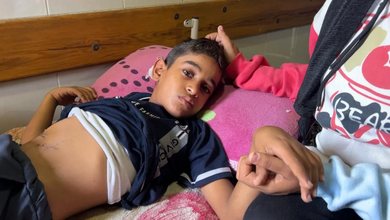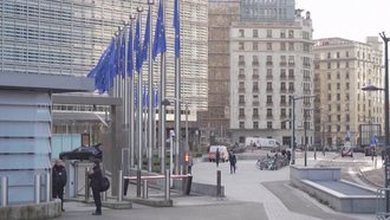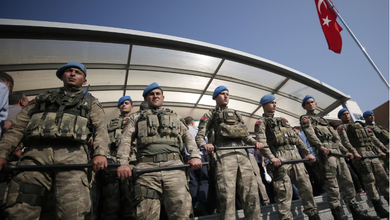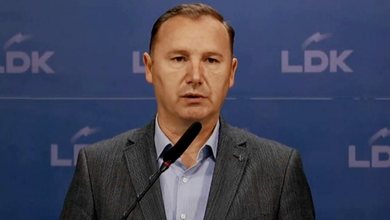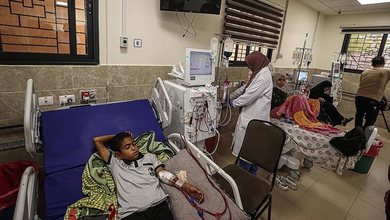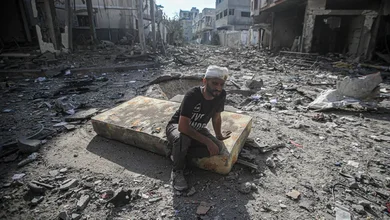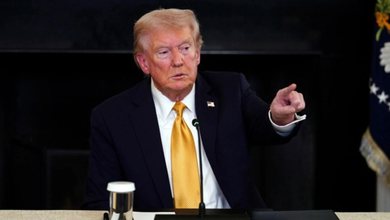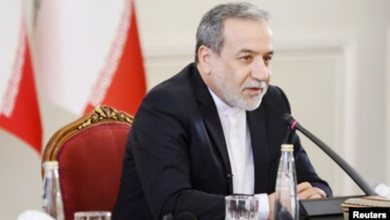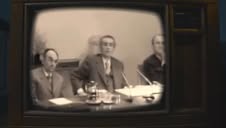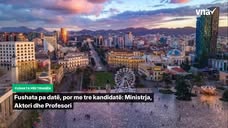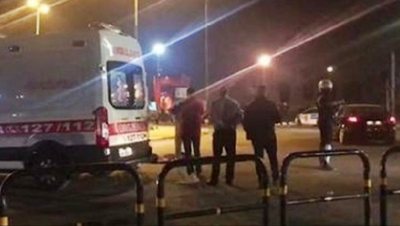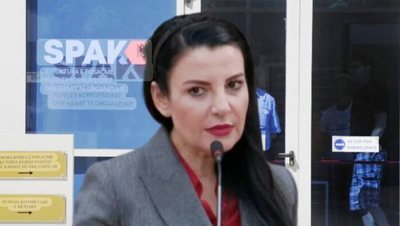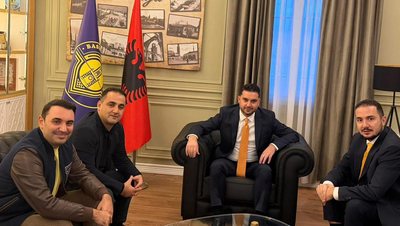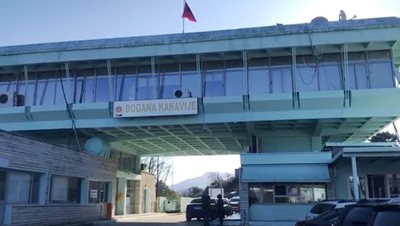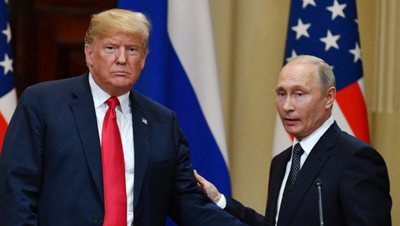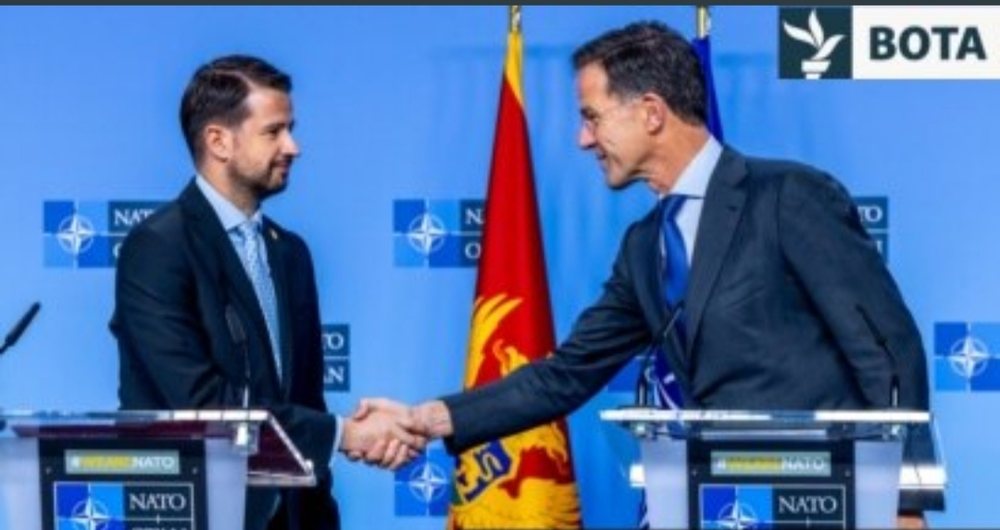
Citizens' support in Montenegro for the country's NATO membership has fallen to 40.7%, from 49.5% in March 2024.
Analysts blame pro-Russian and anti-NATO elements within state institutions, as well as political polarization. According to NATO, Montenegro faces ongoing hybrid threats from Russian and other actors.
Citizens' support for Montenegro's NATO membership is lower by almost 9 percent compared to March last year, while the number of opponents, in the same period, has increased by over 11 percent - these are the results of a survey by the Center for Democracy and Human Rights in Montenegro (CEDEM), conducted in September.
For Montenegro's Atlantic Alliance, this is a confirmation that pro-Russian and anti-NATO elements continue to operate within political institutions and structures.
"Their actions aim to spread suspicion, weaken citizens' trust, and relativize the state's strategic goals," the organization told Radio Free Europe.
Asked by REL how he comments on these data, a NATO official said that Montenegro faces "continuous hybrid threats from Russian and foreign actors," but stressed that NATO values its continued cooperation with it.
Meanwhile, the official referred the reasons for the decline in support in the latest survey to the Montenegrin authorities.
Montenegro's Ministry of Defense did not respond to REL's request for comment.
Former Chief of the General Staff of the Montenegrin Army, Dragan Samardzic, believes that the decline in support for NATO membership is a consequence of a complex combination of global influences, internal polarization and communication weaknesses of state institutions.
Montenegro became a member of NATO in June 2017, during the government of the Democratic Party of Socialists (DPS), which lost power in mid-2020.
Some of the parties that have been in power since then - mainly the pro-Russian Democratic Front parties - are opponents of NATO.
Their leader, Andrija Mandić, is the speaker of the Parliament of Montenegro.
CEDEM figures
The research conducted by CEDEM revealed that 40.7% of respondents support Montenegro's membership in NATO.
The figure represents a decrease compared to March 2024, when this support was 49.5%.
The percentage of opponents is now 42.1, while last March it was 30.7. CEDEM has conducted similar surveys on this issue since 2008.
Previous data shows that, from mid-2020 to March 2024, the majority of respondents have consistently supported Montenegro's membership in NATO.
The latest survey was conducted from September 25 to October 6 of this year with 1,006 adults.
A woman walks past a mural of Russian President Vladimir Putin. The mural, which has since been painted over, reads "Brother." Belgrade, May 7, 2022.
Montenegro in the fight against hybrid threats
The NATO official said that Montenegro contributes to common security through participation in missions in Kosovo, Iraq, Latvia and Bulgaria, as well as through the support it has provided to Ukraine so far.
He also mentioned the benefits that Montenegro has from NATO membership: foreign investments from NATO countries have increased, allies secure Montenegro's airspace through the Air Policing mission, and NATO helps in the fight against hybrid threats.
"Montenegro has taken strong measures to counter hybrid threats and was the first ally to receive support from NATO's team for countering hybrid threats," the NATO official told Radio Free Europe.
Retired Admiral Dragan Samardzic believes that citizens' perception of the concrete benefits of NATO membership is still weak.
He believes that state institutions - primarily the Government - are most responsible for this.
"It is clear that there are actors who, through directed and coordinated activities, are trying to shake the trust of citizens and reopen the issue of justifying membership," says Samardzic.
According to him, these opponents of NATO skillfully exploit institutional weaknesses and inadequate state responses to crisis situations, to portray them as a shortcoming of NATO itself.
He adds that the country also faces a high level of populism.
“Such an environment is conducive to narratives that relativize the importance of NATO membership and spread doubts about its unity, ability and credibility to respond to modern security challenges and protect its members,” says Samardzic.
Montenegro's Atlantic Alliance believes that some of the power centers in the country are using public resources to undermine Euro-Atlantic values.
"At the same time, they also hide their political dependence on interests that are contrary to Montenegrin ones. This is the main threat. The state must show determination, maturity and a clear will to protect its strategic interests from those who wish to return it to foreign influence," the Atlantic Alliance emphasizes.
According to the organization, Montenegro is deeply involved in the European process, is a member of the strongest security alliance and "there is no turning back from this path."
Representatives of the Atlantic Alliance consider it essential that the Government and institutions move from a reactive approach to a proactive one, sending clear and unified messages.
"... and with concrete results to restore the trust of citizens and show that Montenegro belongs to Europe," this organization emphasizes.
The Parliament of Montenegro did not approve the decision to send military personnel to the NATO Security Assistance and Training Mission for Ukraine (NSATU) for more than three months.
The parliamentary Committee on Security and Defense approved this decision on July 17, but it was opposed by MPs from the ruling coalition, namely the pro-Russian Democratic Front parties.
At the time, they said they opposed any involvement of Montenegrin soldiers in the war in Ukraine.
Defense Minister Dragan Krapović reacted, explaining that the soldiers will not go to Ukraine, but will train Ukrainian soldiers in Germany.
Otherwise, at the last ministerial meeting in Brussels on October 16, Krapović said that Montenegro is responsibly fulfilling the tasks on the NATO agenda, which aim to strengthen collective defense.
In this context, he confirmed Montenegro's determination to continue the trend of increasing defense spending.
At the last NATO summit in The Hague, an agreement was reached for alliance members to increase defense spending to 5 percent of gross domestic product by 2035.
This is two and a half times more than current spending and is estimated to amount to more than 460 million euros./REL


